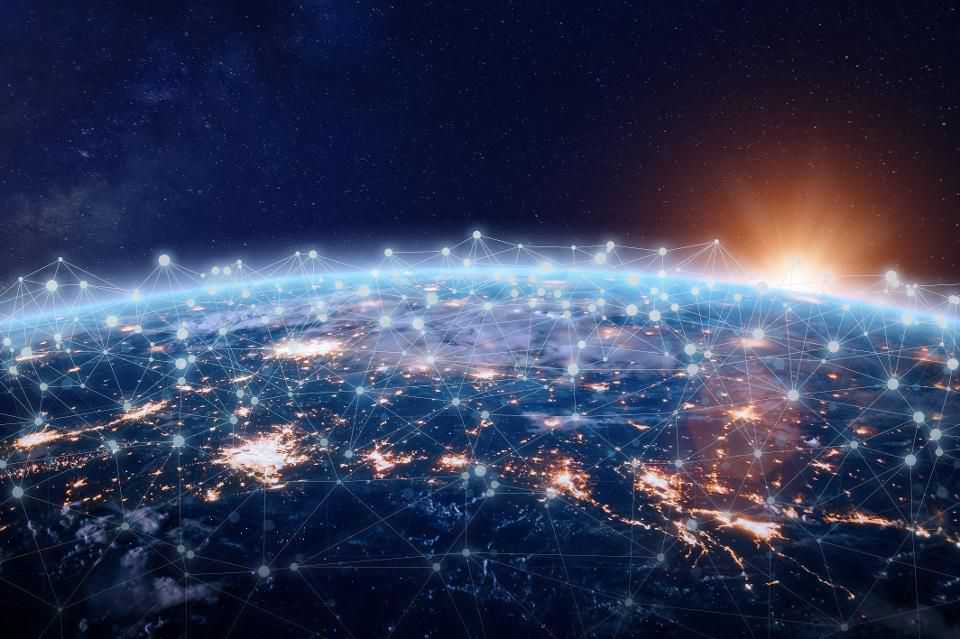Would Facebook's Phone-Based Content Moderation Solve Its Globalization Problem?

Image collected
As Facebook has evolved from a niche site for American college students to find each other into a global behemoth connecting a quarter of the earth’s population, the company has increasingly grappled with the incredible diversity of the world’s cultures. The web’s decentralized nature inadvertently was a major factor in helping it succeed as governments were able to infuse their own slice of the internet with their societal values. In contrast, social media companies have sought to enforce a single definition of acceptable speech and beliefs across the entire planet in a form of digital neocolonialism. Could Facebook’s move towards shifting its content moderation algorithms from its centralized datacenters out to users’ phones help it transition to a new era of localized content rules that more closely reflect the world’s rich diversity?
It is perhaps the most important lesson for any would-be digital dictatorship to realize that the world does not all think alike, believe alike or know alike. Most importantly, Silicon Valley does not represent the pinnacle of human achievement, wisdom, knowledge and understanding that must be forcibly bestowed upon the rest of the world to drag them out of their archaic ways and into the Valley’s modern brilliance.
The world is an incredibly diverse place that is at once a vibrant marketplace of alternative perspectives, experiences and beliefs and a chaotic cacophony of cooperative and conflicting cultures. The web’s early rise embraced these differences, allowing each country to define how its corner of the web would operate in order to best reflect its own cultural values and national priorities.
Social media’s early promise was to forcibly subjugate this global cultural quilt work into a single uniform set of beliefs based on Silicon Valley. Repressive regimes and democracies that didn’t share the US fixation on capitalism or its cultural priorities and beliefs would be washed away in the tidal wave of American righteousness that would flood the planet.
Instead, governments across the world reacted swiftly to curtail social media’s rise and to harness it for their own surveillance and repressive needs.
Yet, a remaining legacy of social media's initial neocolonialism is its centralized set of acceptable speech guidelines that enforce American cultural values upon the entire world.
Source: https://www.forbes.com
Tags :
Previous Story
- Facebook getting serious about cryptocurrency as new business...
- Facebook’s dating app will let you list your...
- Justin Haskins: Conservatives should stand up to Facebook...
- Facebook clamps down on personality quizzes to plug...
- Jared Kushner Dismisses Russian Election Interference as ‘Couple...
- Facebook's Privacy Seems To Be Traveling Away
- Scathing report on Facebook paints a picture of...
- Facebook, Instagram, WhatsApp suffer hours-long outage in US,...